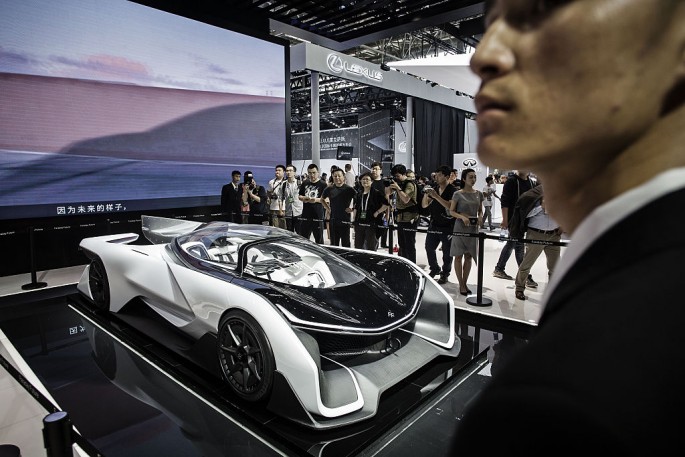WM Motor, an EV startup, is set to compete with Tesla Motors in the mass market for electric cars in China, according to an article published by Fortune.com.
The startup is headed by Freeman Shen, who previously worked with Chinese carmaker Geely and has two decades of experience working in the U.S. and China, with companies such as BorgWarner and Fiat.
Shen, who has an engineering Masters from University of California at Los Angeles, plans to start by making smart, connected battery cars for ordinary drivers in big cities who want more affordable electric vehicles.
WM's funding comes from Chinese investors, not from tech tycoons or venture capital funds, unlike other EV startups such as LeSee, NextEV, Future Mobility and Qiantu Motor, which are mostly backed by big internet groups such as Alibaba and Tencent, according to Shen.
Instead of building a high-profile electric battery sports car like what Tesla did, he said he wanted to go directly to mass market production.
"Building a fancy car to impress people is actually fairly easy as long as you're willing to spend the money," Shen was quoted as saying. "The most challenging part is mass production - coming up with a car everybody can buy, with high quality but at a significantly lower cost."
Shen said the company has five years to establish itself and take advantage of the government's incentives and support for electric vehicles.
"I don't think traditional car companies are doing well selling cars, especially with their customer experience. With smart, connected cars, I believe I can change that," Shen said.
"We're not a traditional car company. We see ourselves as a service company," he added.
Shen is also taking the services of a German firm's tech team for battery, motor control and other technologies.
The company is planning to set up an assembly plant in Zhejiang Province, and plans to launch three models, starting in 2018. It also plans to double its workforce to around 600 in China and Germany this year, as it is working on a number of prototype cars.




























